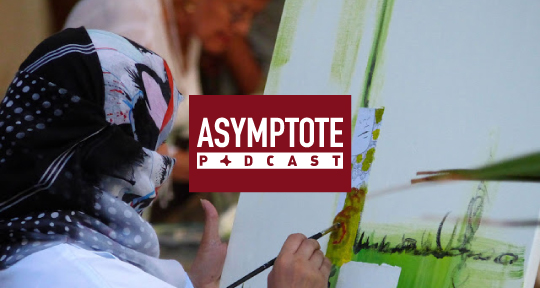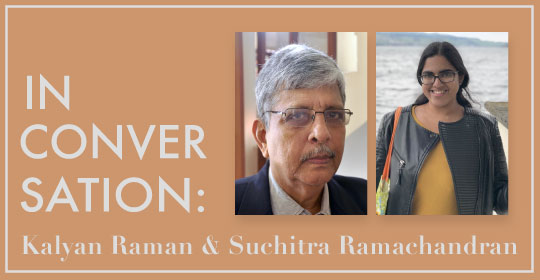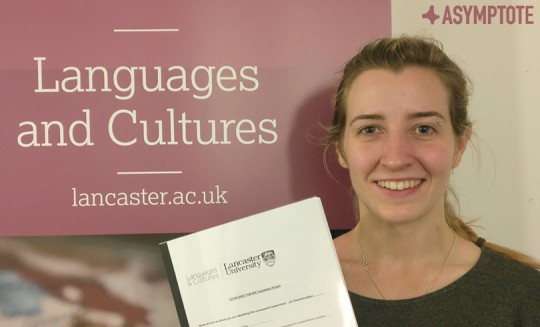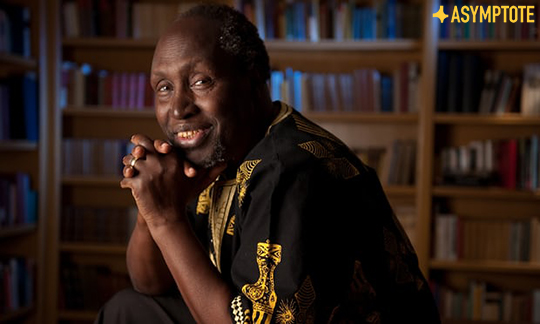N Kalyan Raman, a bilingual translator, is best known for his English translations of the works of eminent Tamil modernist writer Ashokamitran. Suchitra Ramachandran, a young translator who won the Asymptote Close Approximations translation fiction prize in 2017 for her translation of the Tamil short story “Periyamma’s Words” by B. Jeyamohan, works in the same languages.
The two translators met in Chennai, the capital city of Tamil Nadu and home of the Tamil language, to discuss the practice and politics of translation, posing questions as wide ranging as: What is the role of translation in an astoundingly multi-lingual country? Does English as a language, a post-colonial residue, oppress or enable? What is the literary legacy of translation and how can it shape the understanding of a diverse society? What follows is an edited excerpt of their conversation.
For other emerging translators, enter the fourth edition of our translation contest and stand to win up to $3,000 in prizes. This year’s competition is judged by Edward Gauvin and Eugene Ostashevsky. Details here.
Suchitra Ramachandran (SR): Translation—a weighty literary activity, a difficult craft—seems to have no prestige associated with it in India. And that’s a reason, I think, why a lot of people don’t pursue it seriously.
N Kalyan Raman (KN): The translator is marginalized as a matter of course and for no good reason. A senior editor in Delhi told me that there is simply no space available in the media to talk about translators. What we must do first is accept the translator as part of the literary community, as producers of literary texts. Editors and other institutional intermediaries are given far more space in the translation discourse than translators themselves.
Also, I don’t think of translation as one separate trick. It’s as much a part of the literary culture as anything else. And translators do other things (in the literary ecosystem) as well, which hardly receive any notice—reflecting, engaging, reviewing, it is all a part of the culture. And understanding it, developing a reflective awareness of the trajectory of the literary culture of your community. Languages imply community above all else. What good is language if there is no community around it? In India, the English language seems to facilitate, in any field, only interest groups. It’s not amenable to a truly open space.
READ MORE…









